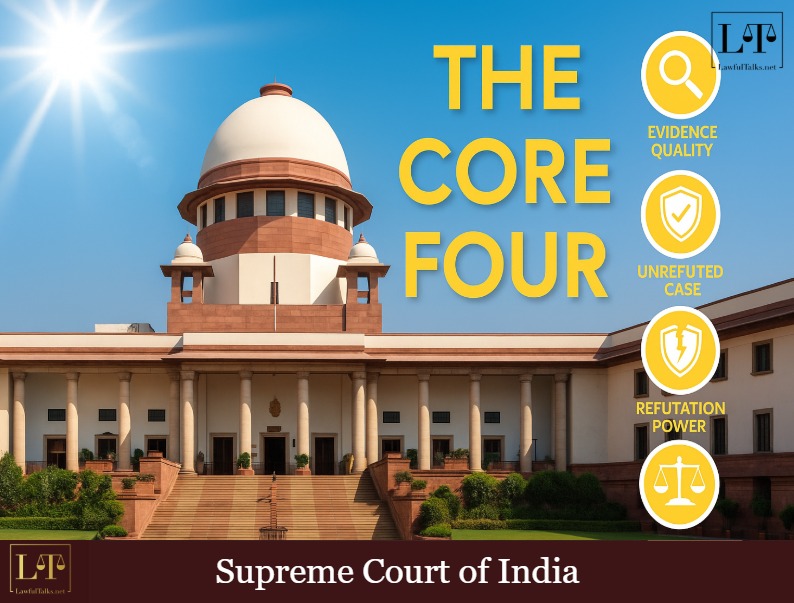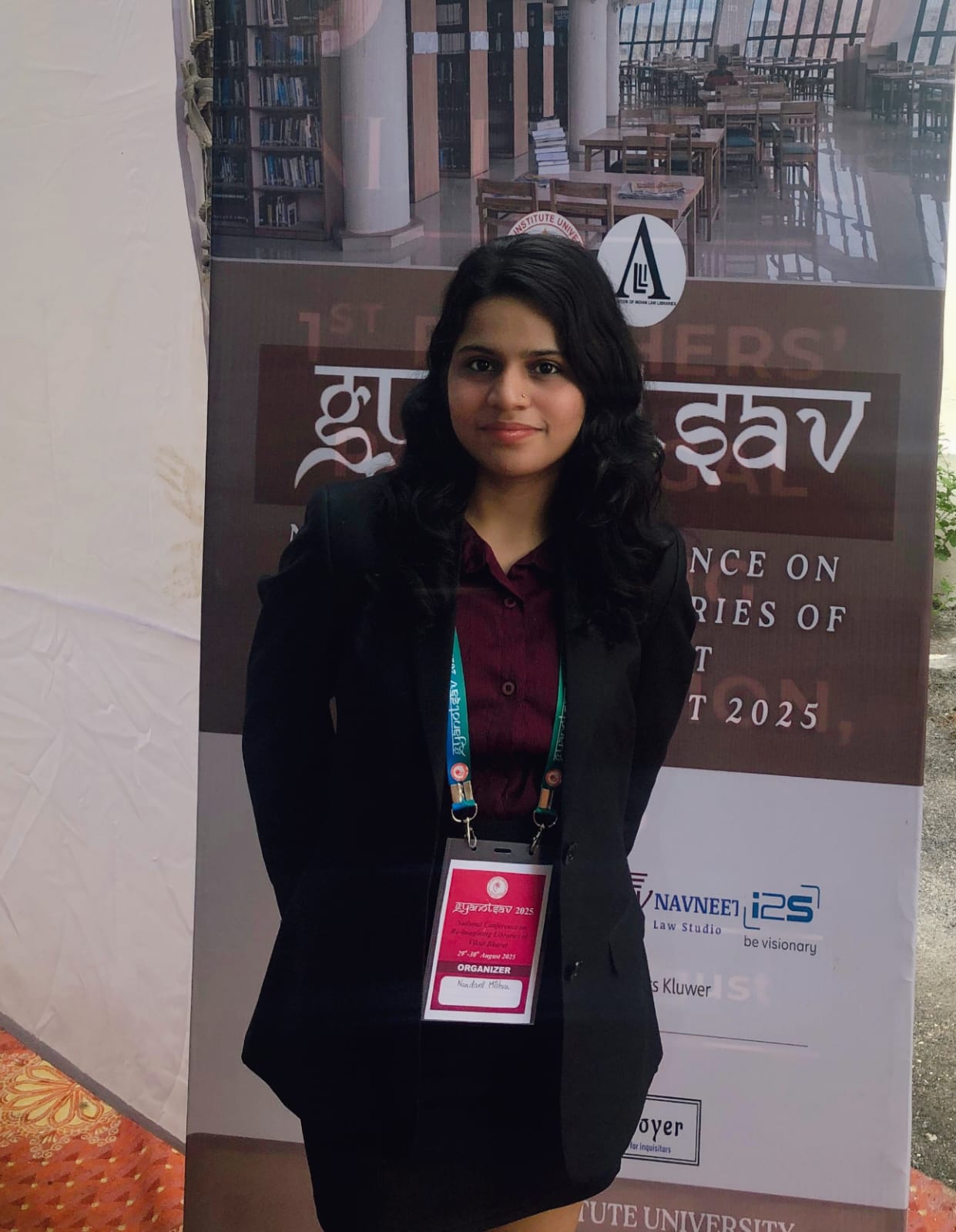Allahabad HC Sets Aside Afzal Ansari's Conviction, Allows Him to Continue as MP

In a significant move aimed at streamlining the process for quashing criminal proceedings, the Supreme Court of India has established a clear, four-step test for High Courts to follow when hearing petitions under Section 482 of the Criminal Procedure Code (CrPC), now Section 528 of the Bharatiya Nagarik Suraksha Sanhita (BNSS). This landmark judgment provides a structured framework, intending to prevent the abuse of the legal process and save valuable judicial time.

The Supreme Court bench, comprising Justices J.B. Pardiwala and Sandeep Mehta, outlined the following four steps. If the answer to all four steps is in the affirmative, the High Court may proceed to quash the criminal proceedings, clarified the bench.
The Core Four :
Step One: Whether the material relied upon by the accused is sound, reasonable, and indubitable, i.e., the materials are of sterling and impeccable quality?
Step Two: Whether the material relied upon by the accused would rule out the assertions contained in the charges levelled against the accused, i.e., the material is sufficient to reject and overrule the factual assertions contained in the complaint, i.e., the material is such as would persuade a reasonable person to dismiss and condemn the factual basis of the accusations as false.
Step Three: Whether the material relied upon by the accused has not been refuted by the prosecution/complainant; and/or the material is such that it cannot be justifiably refuted by the prosecution/complainant?
Step Four: Whether proceeding with the trial would result in an abuse of the process of the court and would not serve the ends of justice?
The court explained its reasoning: “If the answer to all the steps is in the affirmative, judicial conscience of the High Court should persuade it to quash such criminal proceedings, in exercise of power vested in it under Section 482 of the Cr.P.C. Such exercise of power, besides doing justice to the accused, would save precious court time, which would otherwise be wasted in holding such a trial (as well as, proceedings arising therefrom) specially when, it is clear that the same would not conclude in the conviction of the accused.”
THE CASE:
The ruling came in an appeal against an Allahabad High Court order that had declined to quash a summoning order. The complaint concerned allegations of rape on the false pretext of marriage, lodged nearly four years after the alleged incident. The appellant contended that the relationship had been consensual and that the considerable delay in filing the complaint cast serious doubt on its credibility.
The Apex Court accepted this argument, set aside the High Court’s decision, and quashed the summons issued by the magistrate noting that, “We are of the view that the Additional Chief Judicial Magistrate committed an error in passing the summoning order. The High Court too overlooked the relevant aspects of the matter while rejecting the Section 482 application. It is very apparent on a plain reading of the complaint, more particularly, considering the nature of the allegations that the same doesn't inspire any confidence. There is no good explanation offered, why it took four years for the respondent no.2 to file a complaint.”
CASE TITLE- PRADEEP KUMAR KESARWANI VERSUS THE STATE OF UTTAR PRADESH & ANR.
For Petitioner(s) : Mr. Rahul Kaushik, Sr. Adv. Mr. Bibek Tripathi, Adv. Mr. Y. Lokesh, Adv. Mr. Sudhakar Tiwari, Adv. Mr. Ajay Kumar Shrivastav, Adv. Mr. Mohit Kumar Gupta, Adv. Mr. Akshat Srivastava, AOR
For Respondent(s) : Mr. Adarsh Upadhyay, AOR Ms. Pooja Singh, Adv. Ms. Pallavi Kumari, Adv. Mr. Shashank Pachauri, Adv.

Nandani Mishra
Second Year, B.SC LLB, (cybersecurity) Hons, National law University
Latest Posts
Categories
- International News 19 Posts
- Supreme Court 347 Posts
- High Courts 361 Posts


















































































































































































































































































































































































































































































































































































































































































































































